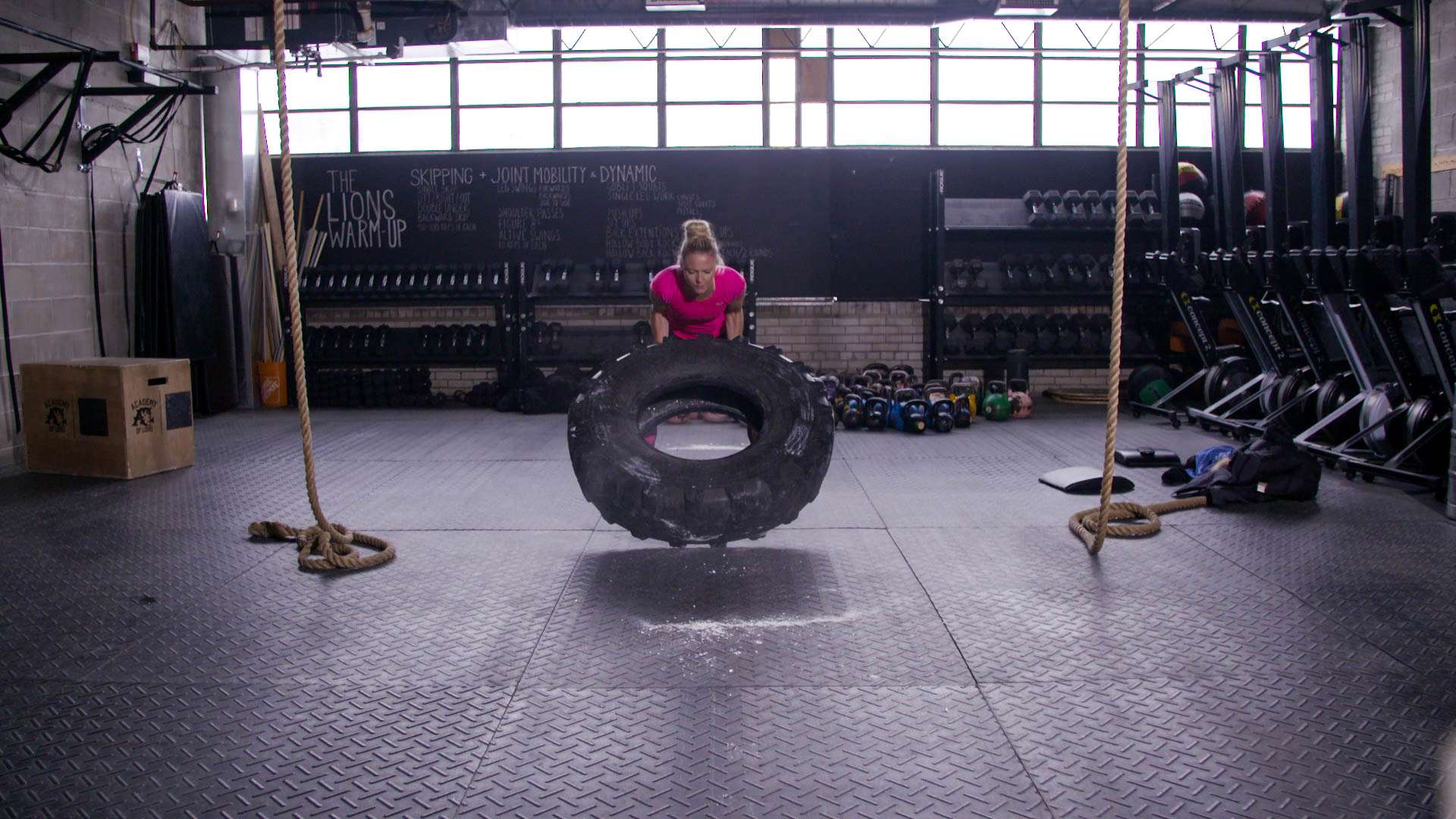L ast week I was speaking at an event and someone asked what the “secret” to sustaining high performance was? I think my answer surprised the audience. (And, spoiler alert… it has nothing to do with how hard you push yourself or working yourself into the ground!).
First I want to break down the statement ‘sustained-high-performance’. High-performance can be thought of as achieving something not everyone can or will, and the term ‘sustained’ may imply that you can persevere and keep pushing.
Angela Duckworth, author of Grit
shares that, “grit is passion and perseverance” and why some people may stop persevering can be, because we lose hope. And without hope, we may not see a point to keep going. (Stay with me, I’m coming back to this!).
Michael Ungar, author of Change Your World
states how people have a tendency to put high-performing individuals on a pedestal. We view them as these rugged, mentally tough, resilient individuals who must be super-human because of the ways they’re able to push through and maintain their high performance over time. However, Ungar shares how “as human beings, we have internal resources to help us thrive in the most emotionally and physically damaging situations, but those internal resources are seldom of much use unless we are also given the external resources we need to succeed”. Therefore, it’s not rugged individuals that succeed over time, but resourced individuals who have the environment that enables them to thrive over time.

HOW IT ALL COMES TOGETHER
The interesting intersection of these two perspectives is that Angela Duckworth said we can lose a desire to persevere when we lose hope, but she also mentioned a way we can re-ignite or find that hope! And her suggestion was to ask for help!
And what does asking for help get us? It gets us the resources we need to create the environment to thrive, and ultimately become a resourced individual, just as Michael Ungar describes.
In my experience, Angela & Michael are right! Every time I feel like I’m losing hope, or a desire to keep going, the thing that can set me back on track, is asking for help!
When I was in university, at the height of my training, I was injured. While I had shown a lot of promise in becoming a national-team level athlete, due to my injury I hadn’t run a fast time in over a year. My coach sat me down and asked me, point blank, “Sarah… What do you need? How are we going to get you back on track?”. I shared with him that I had lost my sense of self-confidence. I didn’t believe in myself. I hadn’t made enough progress to prove to myself that I was still that good, or capable of succeeding. The only thing I could ask for in that moment, was “Reminders! I need reminders!” I told him that I needed reminders that I can do it, even on the days when I think I can’t.
“Ten months later, I won the National Championship.”
One of the most encouraging things he shared with me was that talent doesn’t go away – it’s still inside of you. We’ll create workouts and opportunities for you to see so!”.
Ten months later, I won the National Championship.
I owe that success to my coach who was there for me and believed in me, even when I didn’t. I had lost hope, but found someone who stood by my side and provided me with the resources I needed to succeed and continue sustaining high performance.
The play by play: I lost hope. I wanted to give up. I asked for help. I gathered resources. I was able to sustain high performance.
THE “SECRET” TO SUSTAINING HIGH PERFORMANCE
So if you’re also at a point where you feel like you’re losing hope, or that you’re unable to perform in the way you want to, my biggest piece of advice for you is simple: ask for help!
Think about one or two of the biggest challenges that you’re currently facing. Now take a moment to reflect on who in your life might know something about that issue. Then call them.
Maybe they don’t have the answer, but do they know someone who does? Even if they’re not an expert on the subject, can they direct you to someone else in their network who is?
Asking for help and seeking out support from people in your community doesn’t mean you’re not good enough. It doesn’t mean you’re not strong enough to tackle your problems on your own, or that you’re not mentally tough enough to handle them. What it does mean is that you were strong enough to recognize that you needed a little spark of hope or insight to reignite your ability to persevere, get the resources you need, and ultimately sustain your high performance.


